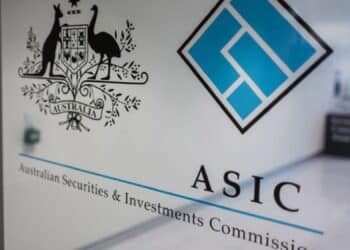There are several types of financial advice currently available to clients, but lines between scaled and complex advice are particularly blurred, according to AMP director of advice Scott Machin.
Machin told Money Management almost all financial advice offered to clients is scoped to some extent, as pointed out by the Australian Securities and Investments Commission (ASIC) in its recently released guidance on scaled advice.
"It's very rare that we would see a planner talk to a client – and the client has seven or eight needs – and all of those needs are recommended to be addressed right at that point in time," Machin said.
"Even when planners argue they gave comprehensive advice, they might have only given it on one particular topic," he added.
In its Regulatory Guide 244, ASIC instructed planners to use their own judgement when it comes to deciding the scope of advice they provide.
However, the regulator warned against excluding crucial topics.
"You need to ensure that you do not reduce the scope of advice to exclude critical issues that are relevant to the subject matter of the advice. For example, you must not restrict the scope of your advice by omitting critical issues because they are too difficult to resolve quickly," the regulator stated.
Machin said the main area of concern for ASIC is who is doing the scoping and why.
"One of [these reasons] is advisers not having the accreditation or ability to talk about a particular area, so they just don't cover it."
It is difficult to be "black and white" about what should be regarded as scaled advice as defined by ASIC, Machin added.
Single or one-off issues such as superannuation consolidation, mortgage enquiries and even simple transition to retirement strategies tend to fall under scaled advice.
"But once you get into more complex areas, particularly where you have to take into account things like Centrelink, cash-flow projections and modelling – that tends to go into a more comprehensive or holistic style of service," Machin said.
"The challenge is always the grey areas in the middle and that's where we work with planners," he added.
"Ultimately we have to equip the planners with that element of judgement where they can make a call about what to do in particular situations."





